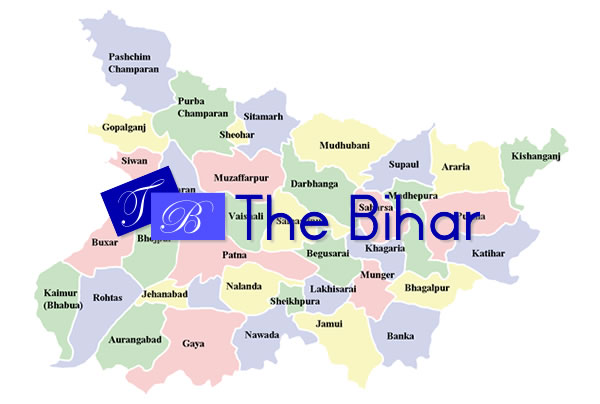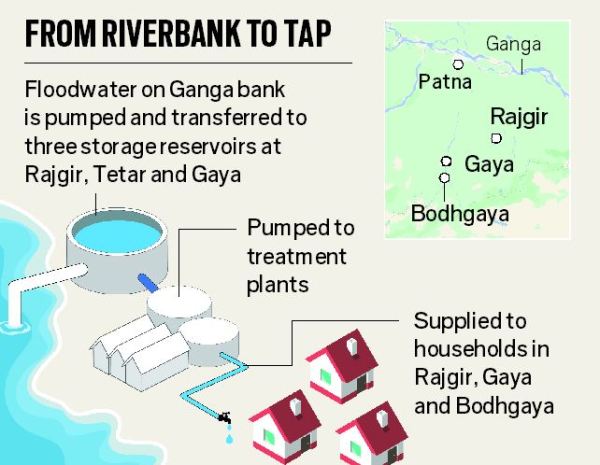Two years on, Bihar left (still) high & dry
3 min readPatna: Two years after Nitish Kumar clamped total prohibition on Bihar on April 5, his party leaders are weary of its impact on Dalit and extremely backward classes (EBC) votes, police are weary of bootlegging mafia mushrooming, and the chief minister’s own enthusiasm for his achievement also seems to be on the wane.
Prohibition has led to social harmony, especially in rural Bihar. Many who had initially opposed the move have turned around to praise Nitish. But liquor is still available. Those consuming do so within closed rooms. Hotel owners are still complaining that prohibition continues to hit their business as events have shifted out of Bihar. Investors rarely talk of Bihar after Nitish cancelled the licence of liquor manufacturing units despite having enticed them to the state with promises.
Nitish announced a ban on country liquor on April 1, 2016. Four days later, he imposed a complete ban. A Patna High Court judge reacted later to the abruptness of the decision, asking how can a person who purchased a bottle of liquor legally in the morning be made a criminal by the evening.
Bihar has implemented prohibition with an iron fist. According to the government’s written answer to RJD MLA Kumar Sarvajeet’s question, from April 1, 2016 to February 28, 2018 the police conducted 4,29,536 raids and lodged 56,360 cases against persons violating anti-liquor laws.
“Had we carried out such a large number of raids on criminals in the last two years, Bihar would have been crime free,” remarked a senior police official, pointing out that even the high court has expressed anxiety over so many liquor cases piling up in courts.
There are fears of local mafia emerging everywhere who control the illegal liquor trade.
“Bihar has changed in the last two years,” said Sarvajeet. “It’s not as if prohibition is bad for the society. But when a rickshaw puller gets arrested and sent to jail it affects six to eight family members for whom he is the breadwinner. Also, there are a large number of youths who used to earn Rs 300 a day working as labourers but who now have turned into bootleggers earning an easy Rs 1,000 per day. They have the blessings of the family to do this work and when they get arrested the family members are antagonised.”
Nitish no longer mentions the dry law in his speeches as a major achievement. He just made a fleeting reference to prohibition at the Bihar Diwas celebrations on February 22. His party, the JDU, is even less enthusiastic.
“We have faced hostility in the villages when we visit them,” said a Dalit MLA of the JDU, giving vent to his frustration over prohibition excess. “People, especially Dalits, say it has become worse than Lalu raj, with police entering the villages in the name of searches and even women are not spared.”
The Opposition – read the RJD – wants Nitish to celebrate completion of two years of the liquor ban as “Dalit Atrocities Day”.
Government figures acknowledge that Dalits have been the worst-hit by the stringent dry law. In a written reply given to former chief minister Jitan Ram Manjhi, the government conceded that out of the 7,735 persons arrested in anti-liquor laws till January this year in Gaya district alone, 3,975 are Dalits. Of the roughly 40 cases where persons have been convicted under the dry law, 25 persons are Dalits. The first conviction under the law, in Jehanabad, was a Dalit.
“It was hardly surprising that we did not get the Dalit votes in the Jehanabad Assembly bypoll,” said another JDU MLA.
RJD MLA Sarvajeet stressed that apart from Dalits, the EBCs have also been hit hard by the dry law.
Nitish says that he clamped prohibition at the request of women, but there is no evidence yet that it resulted in women voting for his party.
“Prohibition is like riding a tiger; one cannot climb down easily,” said a weary JDU leader. “Everybody is waiting for the Supreme Court to declare its verdict on the dry law.”
Courtesy: The Telegraph


